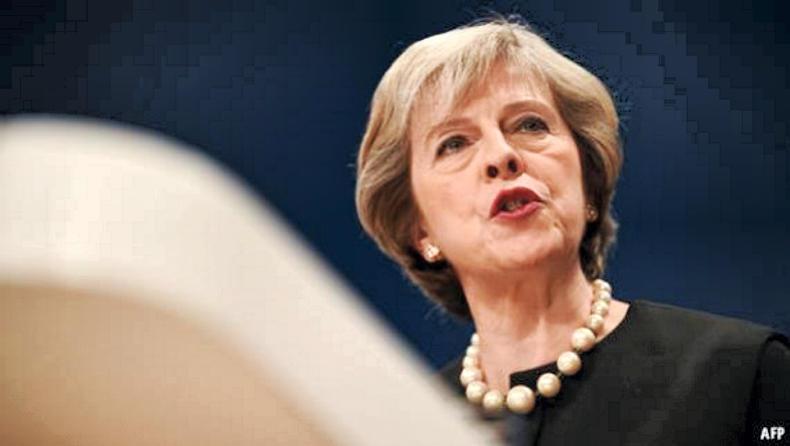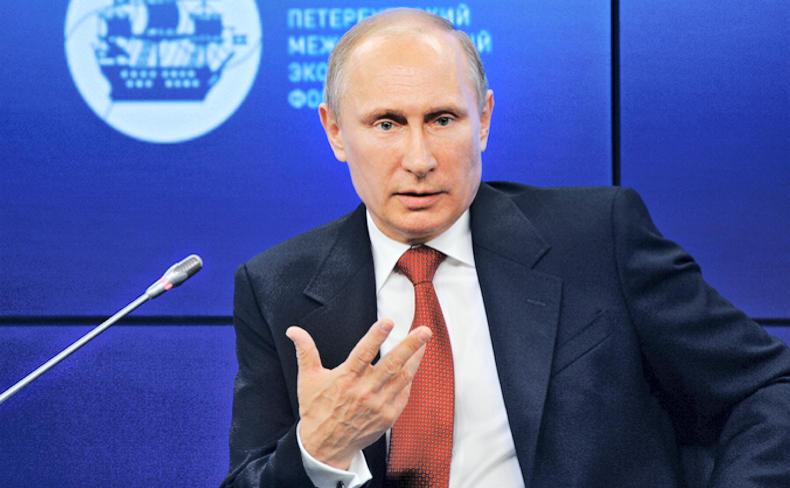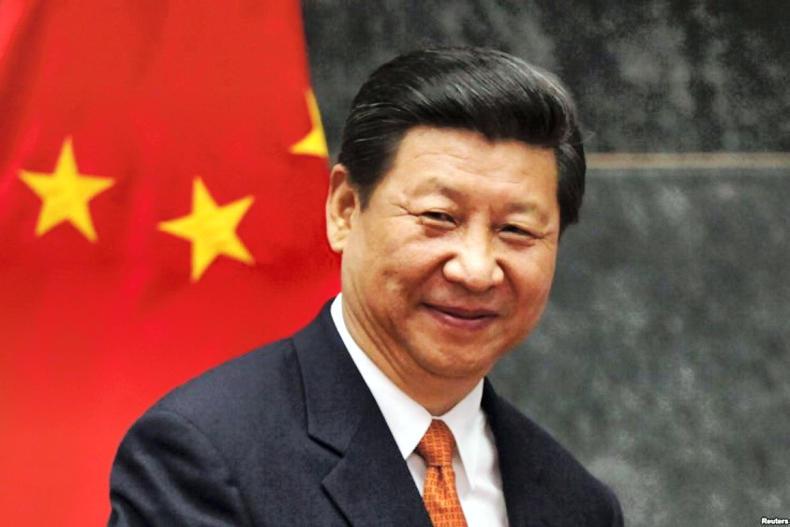The Stone Age didn’t end because of a lack of stones and the oil age may not end because of a lack of oil. With oil less than $55/barrel, the era of high prices appears to be over. Few would have thought they would wake up to the majority of people in the UK voting to leave the EU and within six months that the US would elect Donald Trump. The events of the last 12 months suggest globalisation may have reached a high water mark, and protectionism, nationalism and populism are taking its place.
End of high oil prices
Global oil markets reached crisis point in January, when oil hit 12-year lows of less than $28/barrel. Since tumbling along the floor for a while, it has remained weak all year. The low prices were driven by continuing increased supply, fuelled by fracking in the US and members of OPEC refusing to cut production. Since October, it has held above $50/barrel as agreement on production cuts gained momentum. While farmers have gained with lower fuel bills and lower fertiliser costs, overall low oil prices are bad for agriculture. With 30% of global dairy exports going to oil economies, the drop in oil revenues has hit the buying power of these countries and hence the demand for dairy powders.
Record grain harvest
After three years of bumper grain harvests, many had expected a reduced world grain production in 2016. However, US farmers set the tone for the year when they planted more than 94m acres in corn, the second-highest since World War II. Perfect growing conditions resulted in the largest US corn crop on record. This was repeated across the major growing regions in the world, with bumper harvests in South America, Russia and Canada. The only region to see a decline in production was Europe, where wet weather resulted in the lowest French wheat harvest in over 30 years. However, this shortfall in the market was filled by Russian wheat, as it overtook France to become the world’s largest wheat exporter.
Brexit means Brexit

The world woke up to shock on 24 June, when it became clear the UK had voted to leave the EU. Financial markets were the first to react, with equity, bond and currency markets all tanking. The destruction of wealth was devastating, with more than £120bn wiped off the value of the FTSE within minutes of the opening trade.
In the following days, the ISEQ plummeted 17%, with some of the hardest hit companies including Greencore (-25%), Origin Enterprises (-13%), Aryzta (-11%) and Glanbia (-10%) all taking big losses over the two days.
Markets have since recovered, with the FTSE now 15% up over the course of the year. The immediate fallout from the vote saw David Cameron and his cabinet resign, leaving a vacuum at the top of UK politics. With Prime Minister Theresa May determined that Brexit means Brexit, there is still little detail of what Brexit will look like or how long it will take.
The Donald
The world was glued to the US election in November, as Donald Trump was elected 45th President of the most powerful country in the world. Winning with his core message to make America great again, he may lead to the greatest shakeup in the business environment the modern world has ever seen.
With promises to throw out a number of trade deal talks such as TTIP and TPP, Trump could turn the US into a more inward-looking and protectionist country. Although US stocks posted their longest period of decline since 1980 in the final days of the election, as Trump looked more likely to win, upon election investors became more confident. The Dow has rallied to record highs since as investors take a positive view of Trump’s plans for the US economy.
Supply cuts in dairy
2016 started with the world awash with milk as the effects of the lifting of quotas could still be felt in the market. Dairy commodity prices started off the year at rock bottom levels as supply exceeded demand.
However, prices of some commodities started to pick up in May as the first signals of reducing milk supply could be seen in some large producing countries.
Ireland and the Netherlands continued to pump milk in Europe in 2016, being up 5% and 9% respectively. Farmers cut supply in the UK, which is down 10%, and France is back 8% due to poor milk prices. New Zealand also signalled that it would reduce supply by 3% in the current season but after an exceptionally wet spring, it now looks like New Zealand milk production will be back 8%.
As we move into 2017, the market looks like it has rebalanced somewhat on the supply side.
However, 335,000t or 20% of annual skim powder production still sits in intervention across Europe. Added to this, demand from oil economies remains challenged.
The currency headwind
The biggest victim of the Brexit vote was the pound sterling, which lost up to 20% of its value in the weeks following the vote. With 42% of Irish food and beverage exports heading for the UK, the weakened sterling had the direct effect of making Irish food products less competitive on UK supermarket shelves.
In 2015, positive exchange rates boosted Irish food and drink exports by close to €1bn. In contrast, the swing in the value of sterling points to decrease in export value of almost €700m in the food industry this year.
While sterling and the euro have had their struggles this year, the dollar has continued to strengthen, making imports of fertiliser and grain more expensive in euro terms. So while sterling has weakened, the greater impact is the volatility in exchange rate today, where sterling is behaving like a developing currency rather than the oldest traded currency in the world.
Mega-deals and mergers
With little growth in developed economies and slowing emerging economies, companies are struggling to find organic growth. Just like 2015, we have seen a continued wave of mergers and acquisitions this year. Fuelled by cheap money, companies are paying huge multiples for businesses that are in high-growth areas such as health and wellness.
In one of the largest ever deals in agribusiness history, German agrochemical and life-science company, Bayer, paid more than $65bn for the US seed and chemical company Monsanto.
This deal was a culmination of series of mergers in the agrochemical industry in the last two years where we also saw ChemChina purchase Syngenta for $43bn, and Dow Chemicals merge with Dupont to become Dow-Dupont.
But perhaps one of the more interesting deals was Danone shelling out a massive $12.5bn, or 25 times earnings, for Whitewave Foods, the US branded health food business.
This moved Danone into the non-dairy space, where plant-based alternatives to milk and yoghurt are seen as on trend by consumers. The group’s best known brand is Alpro.






 This is a subscriber-only article
This is a subscriber-only article
















SHARING OPTIONS: